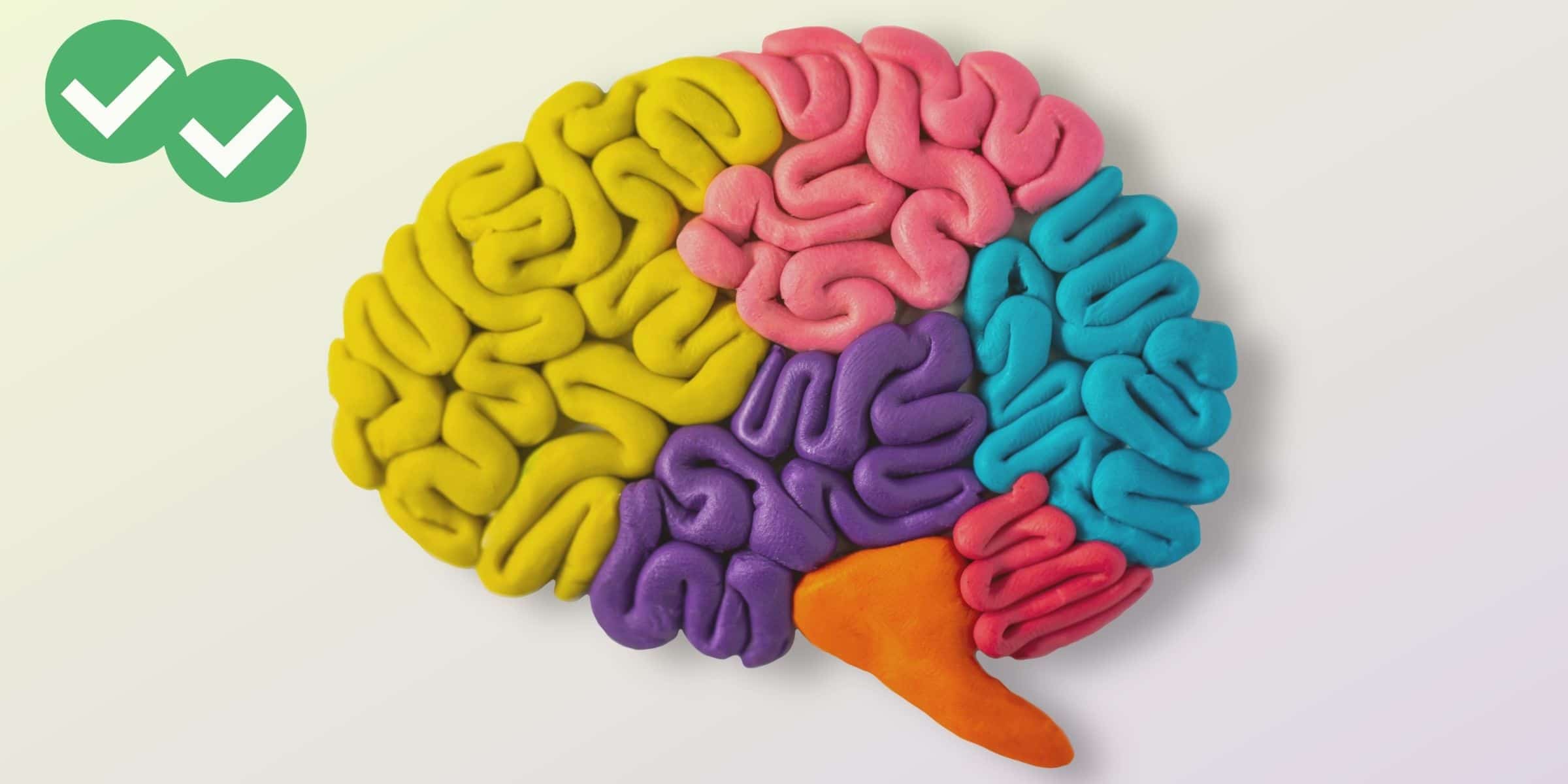A “road block” is something in the road that stops traffic and travellers, like a fallen tree or a construction project. A vocabulary “road block” is an unfamiliar word that can stop your progress as you read a TOEFL passage. On the real road and in English study, road blocks can be frustrating.
There are over 1 million words in the English language. That’s a lot of possible road blocks! For TOEFL reading, you can focus on the Academic Word List (AWL), which lists the most common words in academic English. That’s still 3,000 words, and the AWL may not cover every word you read in the TOEFL. You’ll probably come across at least a few unfamiliar words on the exam.
Fortunately, vocabulary road blocks do not have to stop your TOEFL success. On a real road, you don’t just stop or give up when you reach a road block. Similarly, on the TOEFL exam, you can read words you don’t know, but still finish the exam successfully. There are strategies that can help you get past words you don’t know, just as you find ways to pass real road blocks when you travel. Below, I will show you some of these strategies, using example words and phrases from the reading sections of ETS’ own officially published tests.
Looking at the word form
Prefixes appear at the beginning of words and can help you guess a word’s meaning. Take for example, the TOEFL reading word “understory.” The prefix “under” can be used on its own as a preposition, so this word may describe the position of something.
Suffixes hint at both the meaning of a word and its part of speech. Take the TOEFL reading word “geology.” The suffix “-ology” appears at the end of nouns, describing an academic study or discipline. This word is probably the name of a science.
(For more information on the meaning and grammar of prefixes and suffixes, check out English Club’s prefix and suffix guides. PrefixSuffix.com also offers a helpful chart.)
Looking at context
Prefixes and suffixes are useful, but sometimes misleading. Look at “understory” again. “Under” does look like a preposition. However, this prefix can also mean “hidden” (as in “underworld”) or “insufficiently” (as in “underfunded”). Which meaning does “under” have? The paragraph “understory” appears in talks about things found on the ground, so the meaning probably is prepositional. Similarly, the suffix “-ate” in the word “tolerate” can be used at the end of nouns, verbs, or adjectives. Again, context is key. In the TOEFL reading phrase “chipmunks tolerate very warm temperatures,” “tolerate” appears between a subject (chipmunks) and an object (temperatures). You can guess that the word “tolerate” is a verb.
Context can help you understand unfamiliar root words too. In the TOEFL reading with the word “geology,” much of the passage talks about studying rocks. Through context, you can guess that “geo” refers to stone. You already know that “-ology” means a field of study. Combine the likely meaning of the root word with the suffix, and you have learned a new word through context. “Geology” means the study of rocks!
Ignoring the word
If you are still feeling “blocked” after checking prefixes, suffixes, and context, you may need to simply go around the vocabulary road block. To practice this strategy, read TOEFL passages and other English academic writing. As you read, cross or delete words that seem like they may not be necessary. Then reread the passage without those words. If the meaning has changed, put a few words back in, to make sure the meaning stays the same as the original. (Magoosh TOEFL blogger Kate describes this method a little bit more here.)
This kind of practice helps you tell the difference between important and unimportant words. Unimportant words on the TOEFL can be ignored easily. More important words can still be ignored too, if you carefully watch for word forms and context on the TOEFL road.
For extra help learning TOEFL vocabulary, download and print our TOEFL Vocabulary PDF, or practice with Magoosh TOEFL Vocabulary Flashcards.





